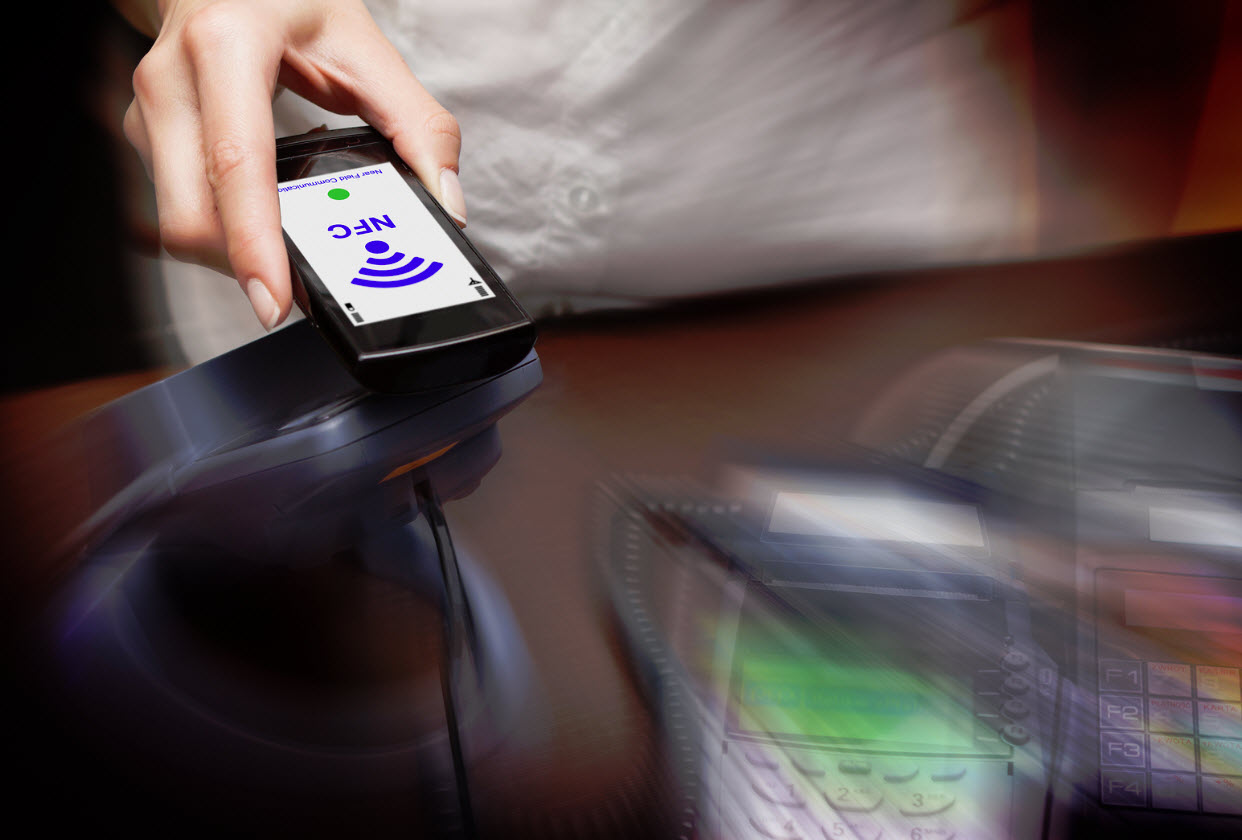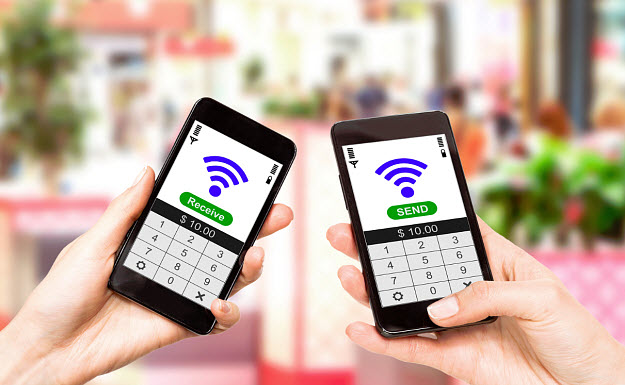The Australian banking industry has increased its efforts to offer consumers new mobile payments technology.
Throughout the past year, Australia’s major banks have become more and more invested in mobile payments that utilize NFC technology and all if the “Big Four” – Westpac, CBA, ANZ and NAB – now have contactless cards available for their customers.
Over a 12 to 18 month period, contactless payments soared from 10% to 60%, according to Westpac.
The Australian bank also predicted that three million people will make approximately five contactless mobile payments, on average, each month in 2015, which will result in a $3 billion industry.
Mobile payment solutions embedded with near field communication (NFC) technology are believed to be the tech that is the most probable to advance mobile proximity commerce in the years to come. Moreover, with the country’s chief banks getting involved, there has been an increase in consumers adopting NFC services.
NFC solutions, such as Commonwealth Bank’s CommBank app, which enables users to “Tap and Pay” with their smartphone, offer consumers all of the advantages of contactless cards like ease of use, convenience, security and fast payment. What’s more, however, they make a user’s mobile device even more practical for day-to-day use.
For instance, Commonwealth Bank customers have the ability to withdraw cash from ATMs without having to use a card. All they need to do is login to the financial institution’s mobile app and choose the desired amount they want to withdraw. They will then be provided with a code that they enter into the ATM and a PIN that is texted to their mobile.
Even wearable technology is being used. Recently, St. George became the first bank in Australia to release a banking app created for smartwatches. All of these different trials from the banks are the innovative ways that these institutions are attempting to make it more convenient for consumers to go about their daily lives without having to worry about using cash or plastic cards.
Security will play a significant role in the adoption of NFC technology.
Security is the heart of every payments platform. For this reason, consumer trust is essential in order for a payment method to do well and survive. In a newly conducted survey by RFi Consulting, 55% of survey respondents cited security as one of the three main factors that affect how they choose to pay for merchandise. Thus, it should come as no surprise that security has been a top priority for banks in the creation of their latest mobile payment technologies. If a phone equipped with NFC technology was stolen or lost, for example, the consumer is safeguarded from fraudulent account activity in the same way they would be with a credit or debit card.


